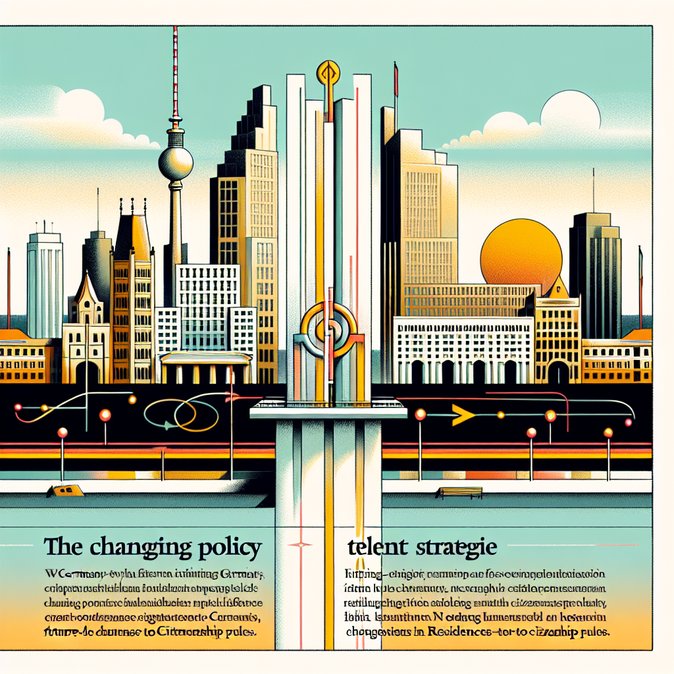
Researchers and policymakers gathered in Berlin on 13–14 November 2025 for a two-day conference titled “Integration and Naturalisation of Refugees and Migrants: Agency, Bureaucracy, and Policy Change,” organised by Germany’s Expert Council on Integration and Migration (SVR).
The timing is symbolic: only two weeks after Germany formally abolished its three-year ‘Turbo Naturalisation’ route, the agenda zeroes in on how longer (now five-year) residence requirements interact with labour-market integration. Panels feature fresh empirical data showing that early access to citizenship significantly boosts earnings and home-ownership rates—findings likely to fuel future reform debates.
![Berlin hosts international conference on integration and naturalisation amid end of ‘Turbo’ citizenship path]()
For global-mobility and relocation professionals, conference takeaways include calls for clearer digital tracking of integration courses and recognition processes so that employers can estimate timelines to dual citizenship. Some speakers praised the incoming Work-and-Stay Agency concept, arguing that centralised case management could cut credential-recognition delays in half.
Practically, the conference will publish policy briefs in December highlighting: (1) the need to standardise German-language test capacity, (2) streamlined pathways from the Opportunity Card to permanent residence, and (3) incentives for regions facing acute skill shortages to co-fund fast-track naturalisation counselling. Companies relocating staff to Germany may wish to engage with local chambers of commerce that pilot such schemes.
The timing is symbolic: only two weeks after Germany formally abolished its three-year ‘Turbo Naturalisation’ route, the agenda zeroes in on how longer (now five-year) residence requirements interact with labour-market integration. Panels feature fresh empirical data showing that early access to citizenship significantly boosts earnings and home-ownership rates—findings likely to fuel future reform debates.

For global-mobility and relocation professionals, conference takeaways include calls for clearer digital tracking of integration courses and recognition processes so that employers can estimate timelines to dual citizenship. Some speakers praised the incoming Work-and-Stay Agency concept, arguing that centralised case management could cut credential-recognition delays in half.
Practically, the conference will publish policy briefs in December highlighting: (1) the need to standardise German-language test capacity, (2) streamlined pathways from the Opportunity Card to permanent residence, and (3) incentives for regions facing acute skill shortages to co-fund fast-track naturalisation counselling. Companies relocating staff to Germany may wish to engage with local chambers of commerce that pilot such schemes.









